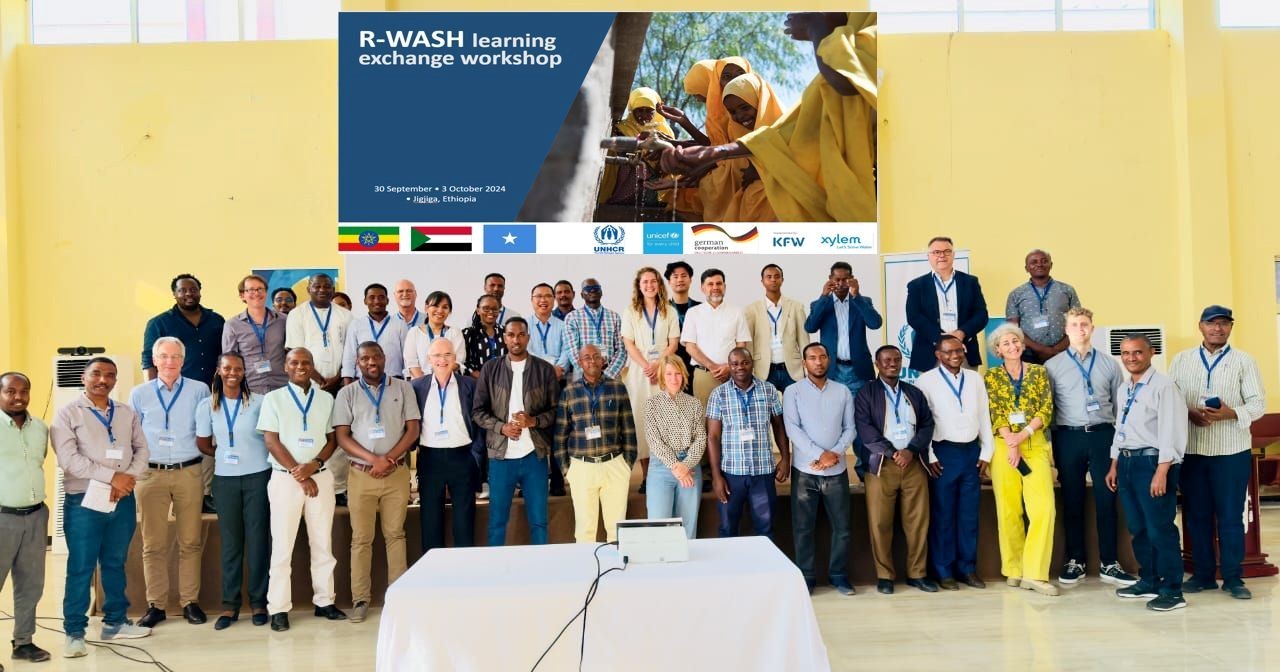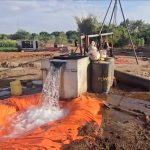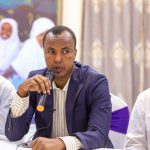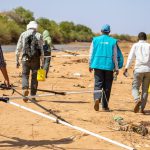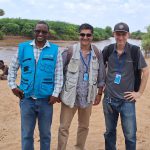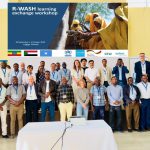Between 30 September – 4 October 2024, a workshop was held in Jigjiga, Ethiopia, within the framework of the R-WASH Programme. The workshop aimed to serve multiple objectives vital to the ongoing success and improvement of the R-WASH project. Firstly, it aimed to review and assess the achievements, risks, and approaches associated with the project’s various components. This evaluation provided an overview of the current status, highlighting what has been accomplished and identifying any potential risks that could hinder progress. In addition, the workshop provided an update on emerging prospective interventions related to the R-WASH initiative. This included an examination of new strategies and technologies that could be integrated into the project to enhance its effectiveness and sustainability.
Another critical objective was to strengthen collaboration among stakeholders. By fostering stronger partnerships and communication, the workshop aimed to ensure a more coordinated effort towards achieving the desired program outcomes. This collaboration is essential for pooling resources, expertise, and insights, thereby improving the program’s delivery and impact.
Capturing lessons learned and formulating a way forward was also a key focus of the workshop. By reflecting on past experiences and insights gained during the project, participants can develop strategies and action plans that will address current challenges and capitalize on opportunities for improvement. Lastly, the workshop intended to develop a comprehensive communication and advocacy strategy. This strategy will be crucial in promoting awareness and support for the R-WASH project, both within the participating communities and among external stakeholders, ensuring continued engagement and investment in the project’s goals. On day 3, the concept of managed aquifer recharge was introduced by Catalin Stefan (TUD) and Jay Matta (UNICEF) in the Session 10: Groundwater sustainability and aquifer recharge.
Read more: Reflecting on the Annual R-WASH Retreat
